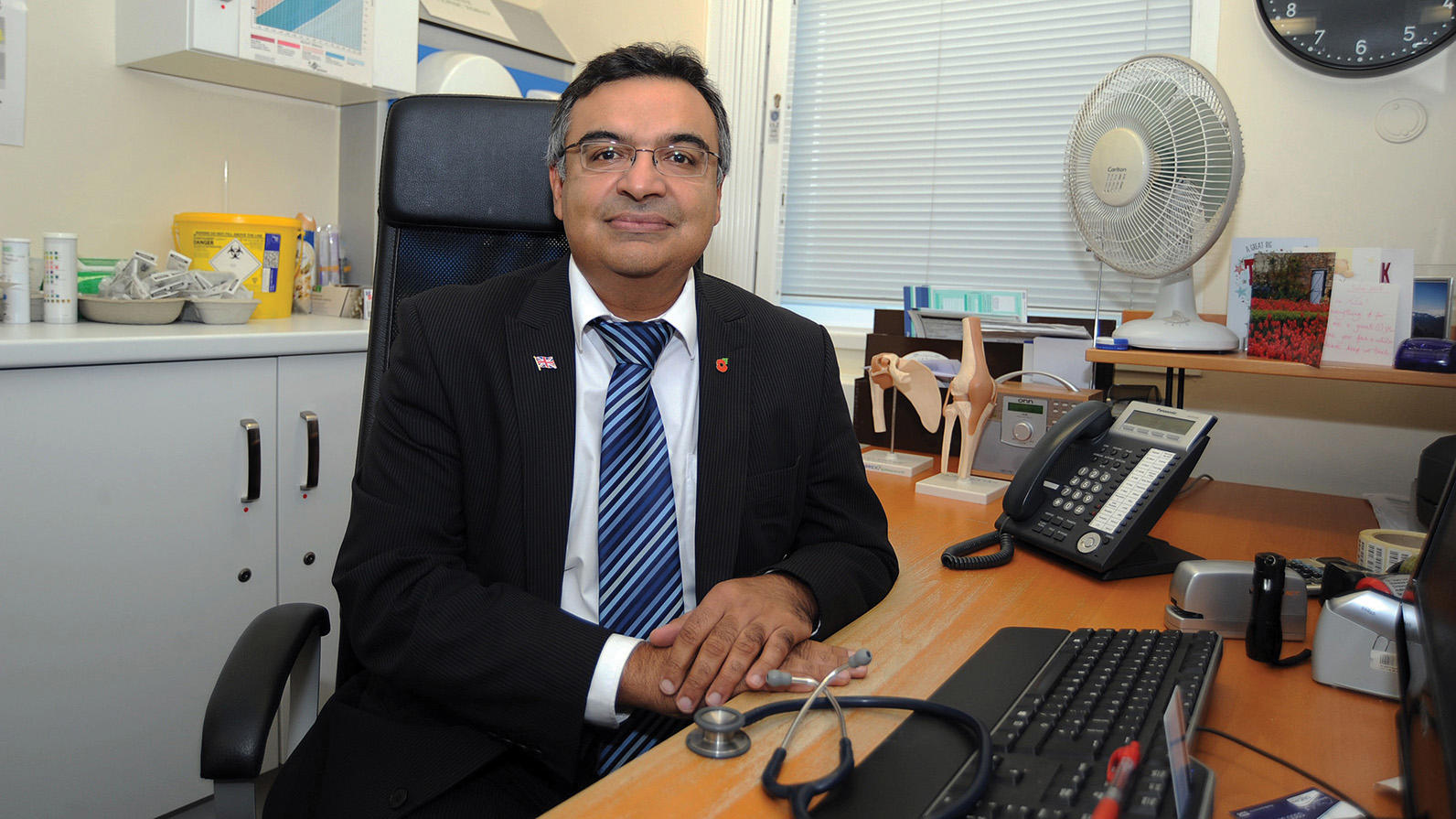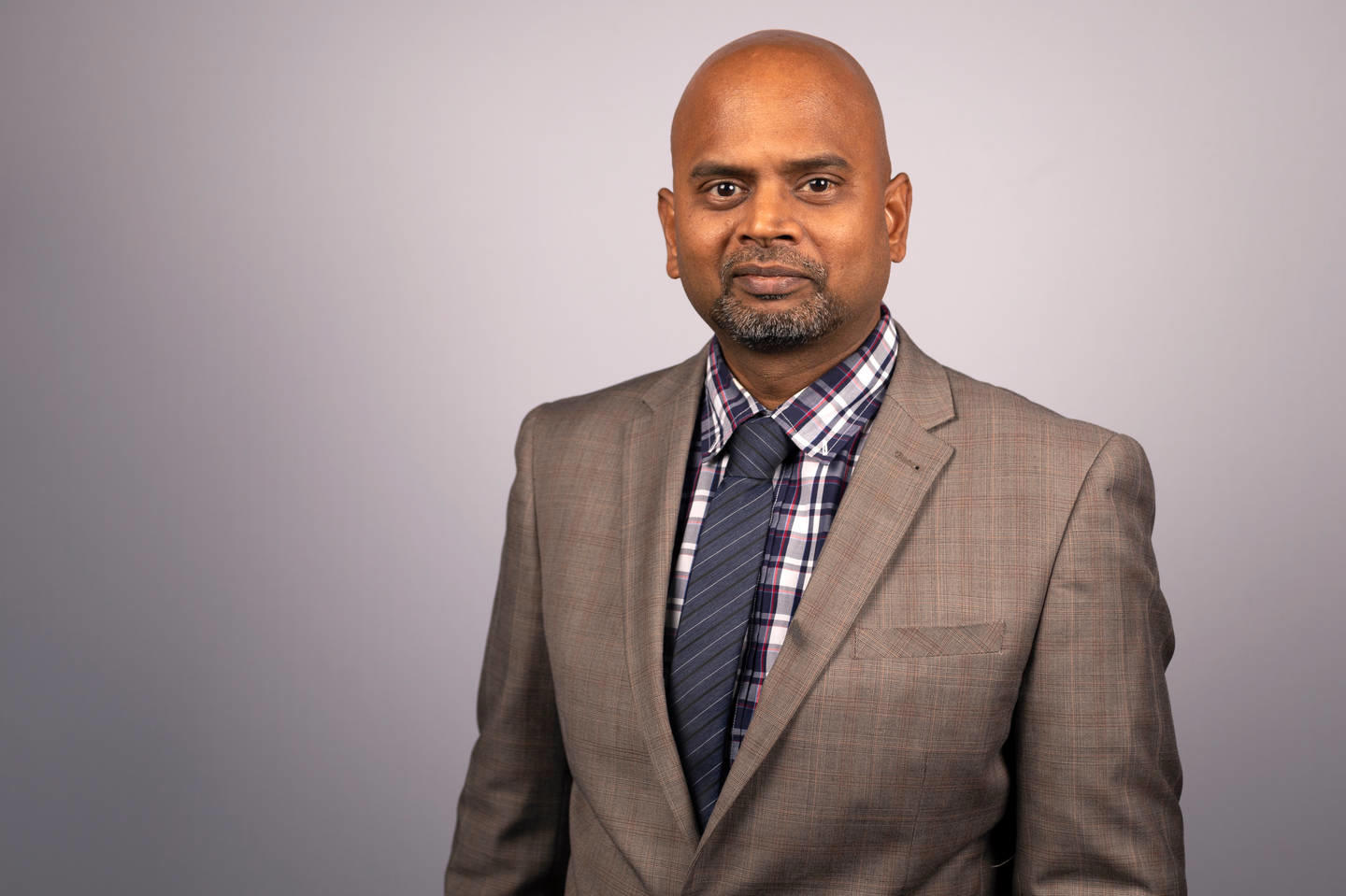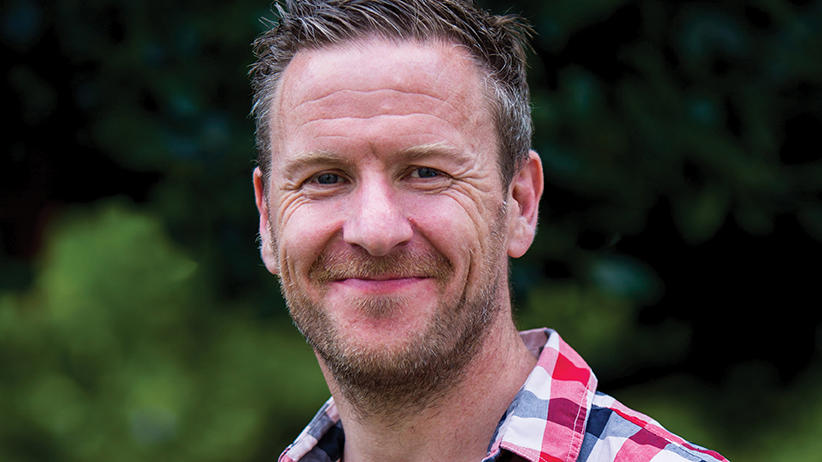GPs have raised concerns about patient safety, a growing workload burden and the emergence of a two-tier healthcare system after the introduction of a new ‘virtual triage’ system, which has dramatically cut the number of patients able to access specialist neurology services.
The Doctor has obtained figures which show that the number of patients not being seen in secondary care in Nottingham has rocketed, with rejection of referrals or advice and guidance being issued in 40 per cent of cases in 2022 – a massive rise from just 7 per cent of cases in the 12 months leading up to the pandemic.
NUH (Nottingham University Hospitals) NHS Trust, which runs the two biggest hospitals in the city, said it had introduced the new system owing to ‘greatly’ increased referrals and a lack of staff. But the trust’s own figures show the total number of referrals have previously been significantly higher than they are now.
During the last six months of recorded data – covering November 2021 to April 2022 – there were, on average, 428 referrals a month. In the six months leading up to March 2020 that number was 611.
Private option
Doctors have raised concerns that the situation is being driven by stretched NHS funding, limited workforce and the mounting backlog rather than in the pursuit of improved patient care.
Irfan Malik, a GP in Sherwood in North Nottingham, said he feared for patient safety – and was having to advise people to consider private healthcare because accessing services was becoming so difficult.
 MALIK: 'We only refer when we have to'
MALIK: 'We only refer when we have to'
Dr Malik said: ‘Neurology is a difficult subject and it is hard to diagnose properly from our end in general practice. We get a wide range of patients, and we are not always qualified to make the diagnosis or carry out the specialist tests.
‘We only refer when we absolutely have to, but more and more referrals are being rejected with advice and patients not seen. Every referral is becoming a battle and a struggle – they send a letter back with lots of advice and things to do and other referrals to make. The patients are getting stuck and they still have the problems they initially had.’
Dr Malik added: ‘It is incredibly frustrating. In some of my clinics more than half of the people are waiting for something to be done in hospital and are stuck. What can we do? It feels like people will get more and more poorly and some will have bad consequences.’
Provision strained
BMA East Midlands co-vice chair and Nottingham GP Kalindi Tumurugoti said the problems were causing significant issues around workload too.
He said: ‘Any referral that is rejected or returned generates a huge amount of work in general practice. It is a case of seeing what to do next, looking at further investigations, considering pain relief and medicine management and trying to access MRIs or other steps that may be required. We are already a stretched and demoralised workforce and this is effectively going to give patients second-class treatment.’
 TUMURUGOTI: Concerned about second-class treatment
TUMURUGOTI: Concerned about second-class treatment
NHS leaders in Nottingham said they introduced the ‘virtual triage system’ for outpatient referrals ‘in line with national guidance’ and ‘co-designed with primary care partners’ to address the challenges raised during the pandemic in July 2020. The number of rejected referrals or referrals responded to with advice and guidance increased significantly in the following months to a high of 78 per cent in November 2020. The numbers have not returned to anything like pre pandemic levels.
The Doctor has seen a briefing document from NUH which discusses the issue. It said a ‘conscious decision’ had been made to ‘carefully vet all referrals from primary and secondary care’. It said even without this ‘enhanced vetting system’ neurology waits are three to four months and would likely be more than six months if it was removed.
The document added: ‘Please be assured the sole driver for this is patient care and safety’. It said the move was driven by a combination of ‘greatly increased referrals to neurology’ and loss of outpatient capacity ‘due to recent consultant shortages and a COVID-19-related redirection of neurology services to urgent care’.
Workload control
 WRIGHT: GPs willing to try different approach
WRIGHT: GPs willing to try different approach
The figures released to The Doctor by NUH do not show a significant increase of referrals. In fact, the two highest amounts of monthly referrals, during the period covered by the released figures, were in July and October of 2019 with a combined total of just 114 rejections from 1,462 referrals.
Michael Wright, chief executive of Nottinghamshire local medical committee, said local GPs had raised concerns that the increased use of advice and guidance is ‘effectively a way to control workload rather than address genuine clinical need’.
Mr Wright said: ‘This also causes practices extra work and GPs would feel that they’ve discharged their contractual duties responsibly by referring the patient and would prefer to use advice and guidance when looking for pre-referral help as the name suggests – advice and guidance.’
Mr Wright said the LMC was aware of situations where patients were facing long waits and GPs felt they had to suggest they consider private treatment – which ‘feels very alien for many doctors’. He said: ‘This may be the reality of the situation, some patients are also opting for private GP care. The system is clearly in the early days of “recovery” mode [as] regards returning to “normal” levels of activity.’
GPs have raised concerns that significantly increased use of advice and guidance could become normal and end up being dictated to other areas as NHS policy. Mr Wright said local GPs want to work ‘collaboratively with the trust to make the best of a difficult situation and try different approaches’.
Mr Wright added: ‘We are working with the hospital trust to identify problems in the primary-secondary care interface and work on them together. We are very clear on where we feel the relationship is adding workload on to practices and want to be part of changing the situation. The whole notion of integrated care systems is around joining up the services to do the best for the population addressing health needs, this is a system issue and an early test for the Nottingham and Nottinghamshire [integrated care system].’
Under scrutiny
Local politicians have also raised concerns. In a letter seen by The Doctor, the chair of Nottingham City Council’s health and adult social care scrutiny committee wrote to NUH late last year to express concerns from residents and GPs regarding access to neurology services.
The Doctor understands trust bosses responded to suggest they had put a three-month plan ‘to get back on track’ in place but the latest figures do not show any significant change and the scrutiny committee will now take further steps to address the situation.
Chair of the council committee, Georgia Power, said: ‘Over the last year the committee has received information about challenges in referring to NUH’s neurology service and the impact this has on access for patients.
‘We wrote to NUH last year to raise concerns about these issues and the pace of improvement. We plan to look at this issue as a committee in more depth in the near future.’
Councillor Power added: ‘A lack of Government investment into training specialist staff including in neurology is an underlying issue here, and it’s vital they invest in this as a matter of urgency.’
Pandemic challenges
NUH told The Doctor that a local audit of the new ‘virtual triage’ service shows that ‘the majority of referrals were seen virtually or physically but a significant proportion were returned, often with either a request for additional information or a management plan’.
They added that around 15 per cent of patients were re-referred to the service after six to 12 months, less than 10 per cent of patients subsequently presented to hospitals run by NUH with symptoms relating to their original referral symptoms and that the trust welcomes feedback which ‘helps us best advise, support and action the care of every referred individual’.
NUH medical director Keith Girling said: ‘Our neurology service adopted a virtual triage system for outpatient referrals in line with national guidance. This was agreed and co-designed with local primary care partners and addressed challenges raised during the pandemic, catering especially for those in need of specialist care.’
And James Hopkinson, joint chair and clinical lead at Nottingham and Nottinghamshire clinical commissioning group, added: ‘We continue to work with all elective services in Nottingham University Hospitals and are trialling different approaches – in consultation with colleagues in primary care – including using technology for remote consultations and increased use of advice and guidance.’

